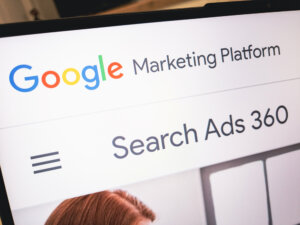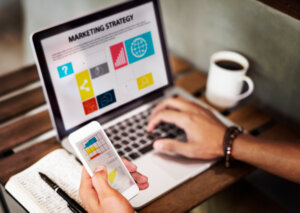If you follow this blog you know we are working our way through the alphabet, selecting words for each letter that embody different aspects of speaking and presenting. We have made our way to the letter “E.”
Energy. We  all know how important energy is; too much and you feel like a nervous wreck, speaking too fast and bouncing off the walls like a toddler with too little sleep and too much sugar. Too little energy and you can come across as sleepy, slow, b o r i n g. Managing your energy so it is just right is a little tricky, but once you learn how to use it properly, you will be able to handle yourself under all kinds of pressure. As a result, your energy works with you and gives you power. (One little tip; stop thinking about nervousness, and think instead about using your energy rather than letting it act on you.)
all know how important energy is; too much and you feel like a nervous wreck, speaking too fast and bouncing off the walls like a toddler with too little sleep and too much sugar. Too little energy and you can come across as sleepy, slow, b o r i n g. Managing your energy so it is just right is a little tricky, but once you learn how to use it properly, you will be able to handle yourself under all kinds of pressure. As a result, your energy works with you and gives you power. (One little tip; stop thinking about nervousness, and think instead about using your energy rather than letting it act on you.)
Engaging. Usually the second thing my clients say makes a great speaker is being engaging. (The first one is confident!) A great speaker doesn’t just talk at or even to the audience, instead they engage them in dialog. You really can’t be boring if you are truly engaging. The best speakers use stories, examples, metaphors, visuals, discussions, or activities—whatever it takes to bring content to life and life to the audience. They ask questions, listen intently and care what the audience thinks. Great speakers encourage their audiences to ask meaningful questions, and they answer honestly. They foster give and take in every aspect of their presentations. They turn every talk into a conversation. And guess what? You can do these things as well.
Eye contact. This is such an important delivery skill, and one we sometimes overlook or underestimate it. Think about it; when you are face to face, eye contact is the single most important way to connect with your audience. Trouble is, when you are focusing on your thoughts, your words, or your slides, you might forget to look at your audience. Or it might be distracting, so you look away. Take time today to monitor your eye contact, and see if you can make a slow, steady connection with each person you are speaking with. Better yet, ask a trusted colleague to observe you and give you feedback on your eye contact. Ideally, it will be slower than sweeping the audience, but shorter than a staring contest. Two to four seconds per person is realistic but takes plenty of practice to master.
How have your embodied these attributes in your speaking? What results or outcomes have you enjoyed?
What other words come to mind for the letter E? And how about upcoming letters? Submit your ideas and get extra credit!
 Sections of this topic
Sections of this topic
















